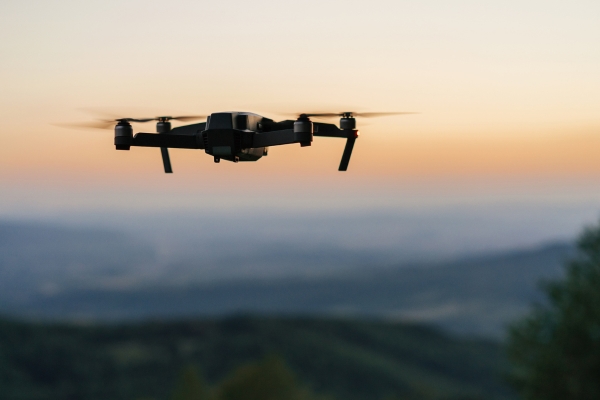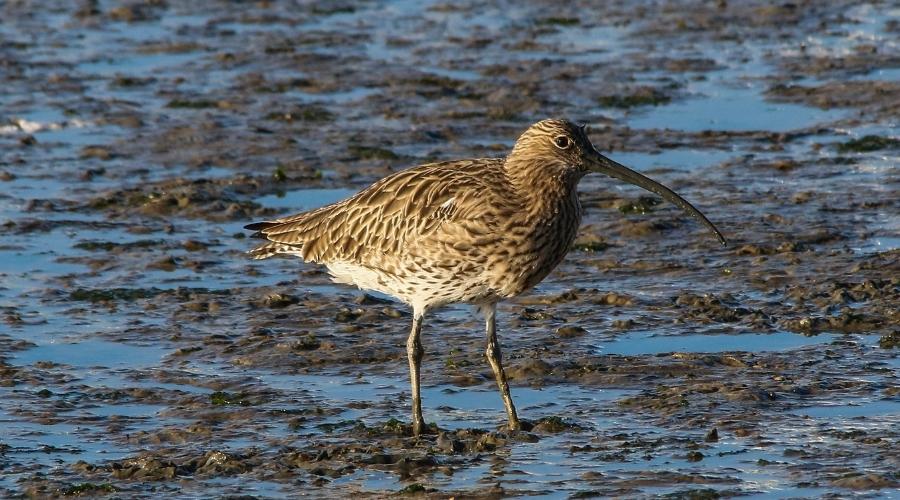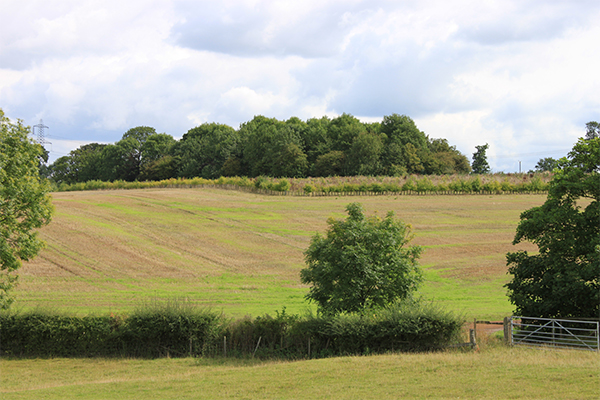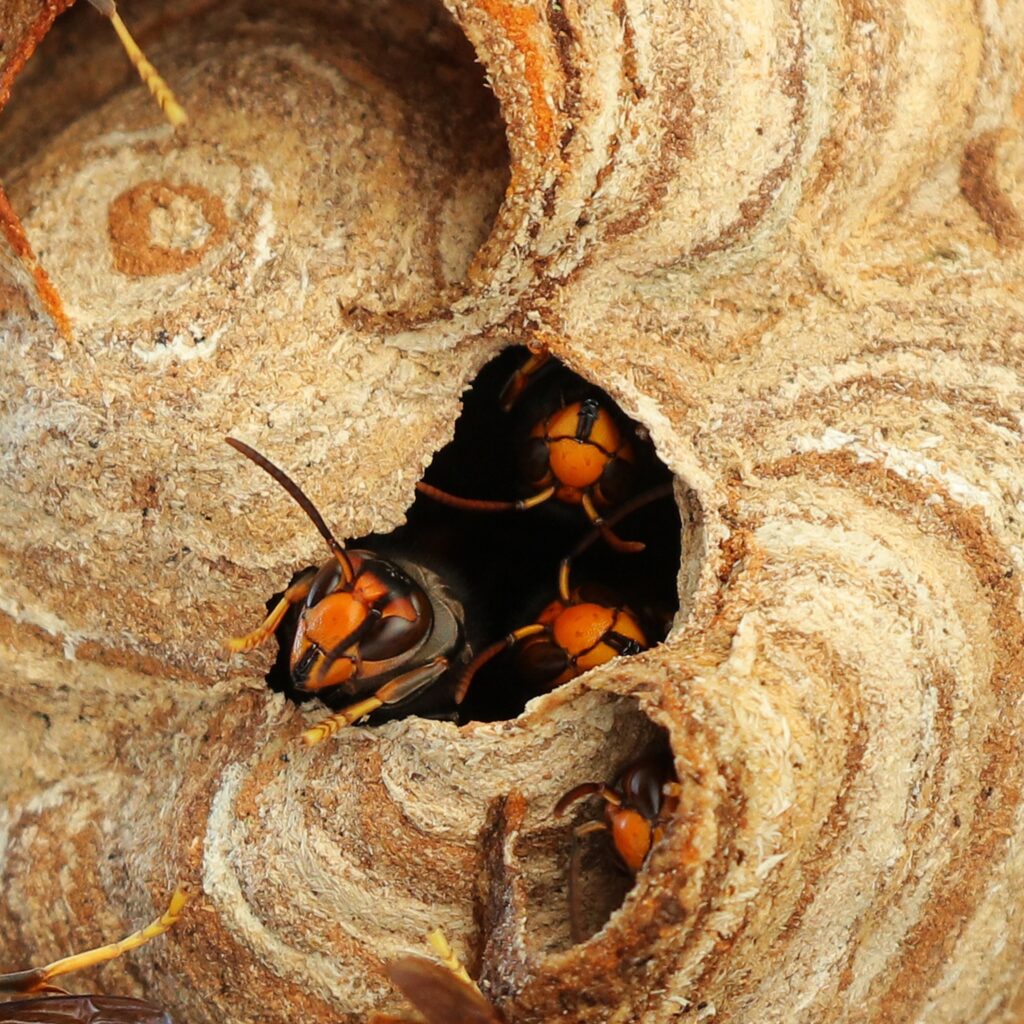
From drones to data: the role of technology in wildlife conservation
Dr Cat McNicol discusses the impact that rapid advances in technology are having on research centred around sustainable shooting and conservation.
Get information on the legal shooting season for mammals and birds in the UK.
Apply for funding for your project or make a donation today
Comprehensive information and advice from our specialist firearms team.
Everything you need to know about shotgun, rifle and airgun ammunition.
Find our up-to-date information, advice and links to government resources.
Everything you need to know on firearms law and licensing.
All the latest news and advice on general licences and how they affect you.

The British Trust for Ornithology (BTO) has released a new film introducing a conservation technique called headstarting, aimed at helping the Eurasian Curlew to develop strongholds and thrive.
Headstarting involves the removal of curlew eggs from nests that are likely to fail. The eggs are then incubated and reared until fledged, before being returned to the wild.
The method is used where the breeding success of birds in the field is so low that the population crashes to point that extinction is likely.
Headstarting was used successfully to bolster the fortunes of the spoon-billed sandpiper in the 2000s and more recently in the case of the black-tailed godwit, and now curlew.
The BTO’s film follows a headstarting project in Eastern England for curlew and shows ‘keepers on the Sandringham estate releasing birds back into the wild.
It is worth noting that headstarting is very much a short-term conservation measure to provide time for the wider causes of the population decline to be tackled.
Most wading birds have the same trio of problems. Not enough suitable habitat, what is left is not appropriately managed, and the detrimental impact of predators on breeding attempts.
BASC’s action on curlew
Later this month BASC (22 November) will stand alongside conservation organisations in Wales to launch the Wales Curlew Recovery Plan. Headstarting is just one of the conservation measures detailed within the plan.

Dr Cat McNicol discusses the impact that rapid advances in technology are having on research centred around sustainable shooting and conservation.

The Environmental Improvement Plan review provides a timely opportunity to underline the vital contribution shooting makes to national nature recovery ambitions.

Asian hornet numbers are on the rise in the UK, presenting a significant threat for native pollinators and the overall health of our ecosystems.